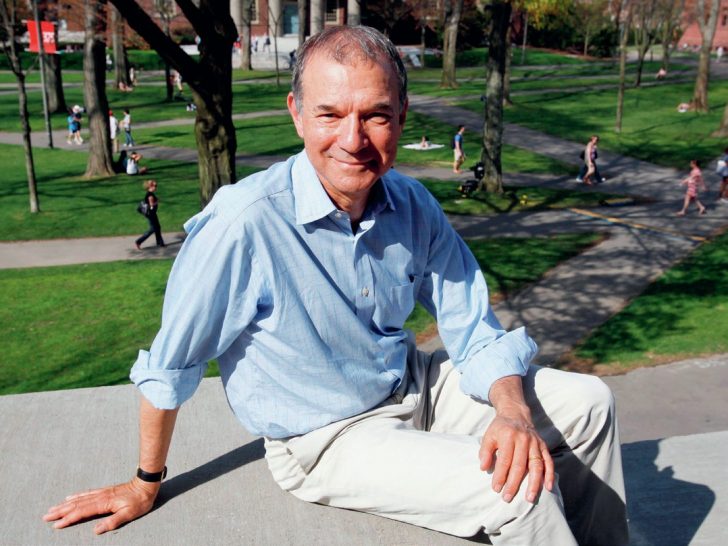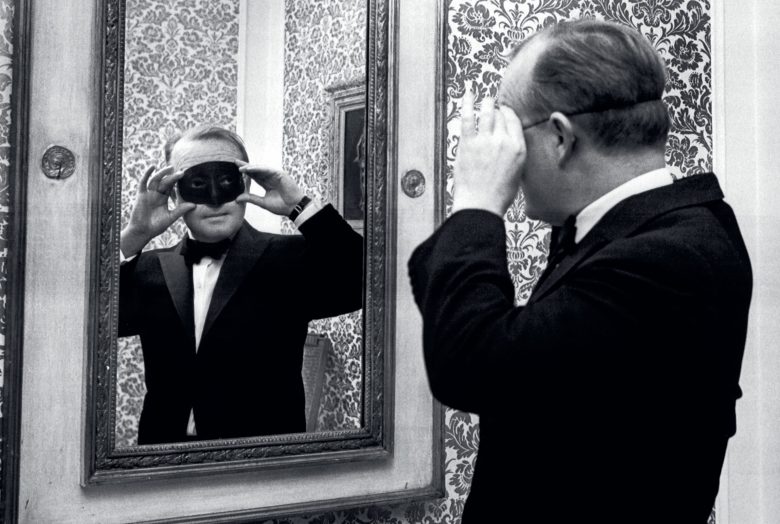
English literature is now one of the most competitive of degree courses in the UK, with some high-ranking universities receiving 20–30 applications per place. Only a few universities still conduct interviews for English. So how do admissions tutors, faced with hundreds of UCAS forms, choose between one student and another? Good grades, good predicted grades and supportive references from your teachers are all essential. But what about the personal statement, that elusive blank page on the UCAS form with 47 lines and 4,000 characters (including spaces) left for you to impress the admissions tutors with evidence of your commitment, enthusiasm for the subject and extensive reading habits? All other things being equal, is a dazzling personal statement going to clinch you the university place you desire?
The quest for the perfect personal statement has spawned numerous unscrupulous agencies which charge a fee of up to £100 for the dodgy practice of writing your personal statement for you. As one testimonial claims, ‘The personal statement you have written for me is excellent: I would not have got in without it.’ University tutors can often spot a ‘professional’ job — they all tend to sound the same. By following a few simple guidelines and foregrounding your own individual interest in the subject, you can produce a UCAS personal statement that will be uniquely yours, and which will help get you onto the right course.
Your organisation does not have access to this article.
Sign up today to give your students the edge they need to achieve their best grades with subject expertise
Subscribe




